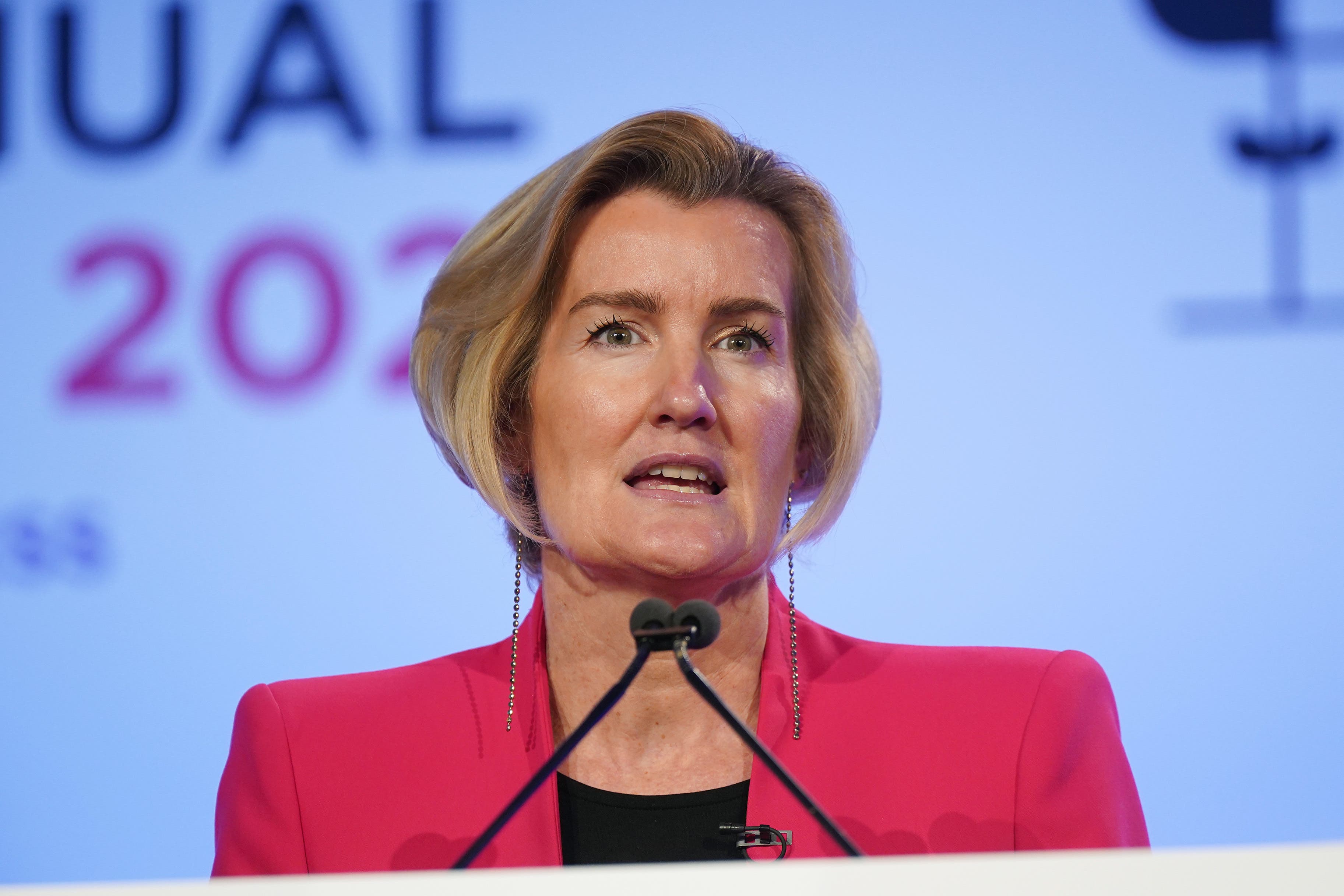British firms ‘not profiteering’ from price rises for customers, says BCC
Shevaun Haviland, director general of the BCC, argued that firms are actually ‘absorbing a huge amount’ of cost increases.

Your support helps us to tell the story
From reproductive rights to climate change to Big Tech, The Independent is on the ground when the story is developing. Whether it's investigating the financials of Elon Musk's pro-Trump PAC or producing our latest documentary, 'The A Word', which shines a light on the American women fighting for reproductive rights, we know how important it is to parse out the facts from the messaging.
At such a critical moment in US history, we need reporters on the ground. Your donation allows us to keep sending journalists to speak to both sides of the story.
The Independent is trusted by Americans across the entire political spectrum. And unlike many other quality news outlets, we choose not to lock Americans out of our reporting and analysis with paywalls. We believe quality journalism should be available to everyone, paid for by those who can afford it.
Your support makes all the difference.British firms are “not profiteering” through price hikes but only reacting to pressures further down their supply chain, according to bosses at the British Chambers of Commerce (BCC).
Shevaun Haviland, director general of the BCC, argued that firms are actually “absorbing a huge amount” of cost increases to avoid passing these on to business customers and consumers.
Inflation struck 10.1% in March, according to the Office for National Statistics (ONS), driven by a 19.1% jump in food and drink prices.
The Competition and Markets Authority (CMA) is investigating the grocery sector amid “ongoing concerns about high prices” and is looking at whether increases are linked to “any failure in competition”.
Earlier this year, Tesco chair John Allan said it was “entirely possible” that food producers could be hiking prices more than was necessary. Food and farming firms rebuffed the claims at the time.
At the BCC’s annual conference, bosses defended price increases from under-pressure UK companies and expressed frustration that inflation has not decreased as quickly as expected in recent months.
“It is disappointing it hasn’t come down as quickly as we thought it would, but it’s heading in the right direction,” Ms Haviland said.
“We do not see businesses profiteering from it, in fact, it is the opposite.
“We estimate that now input inflation is at about 20%, while headline inflation is more like 10%, which means they are absorbing a huge amount of cost into their bottom line.
Martha Lane Fox, entrepreneur and president of the BCC, added: “I run a small karaoke chain called Lucky Voice, so as a business owner I do not see how there is any kind of profiteering here at all.”
It came as the organisation said that business needs a “fresh relationship” with the Government and encouraged more firms to join the group.
Ms Haviland said businesses who “need a voice” should join their local chamber of commerce to help tackle issues facing industry.
The message comes amid the continued fallout of the sexual harassment scandal at the UK’s largest business group, the Confederation of British Industry (CBI).
It has suspended most of its operations and cancelled public events after more than a dozen women who worked for the CBI have alleged to The Guardian newspaper they were sexually harassed by colleagues.
In response to a question about whether the BCC was replacing the CBI as a voice for business, Ms Haviland said: “I think we need to take a moment to think about the human impact of what happened there, both for those women but also possibly people who might lose their jobs if the CBI has to change its structure.
“We have obviously been representing businesses of every size and sector for 160 years and a huge number of CBI members are already members of their chambers in places around the country.
“We have been talking to them about what they might now be missing and how we can help.
“But our starting point is that every business needs their voice represented and it’s particularly crucial now with a general election possibly in a year’s time.”